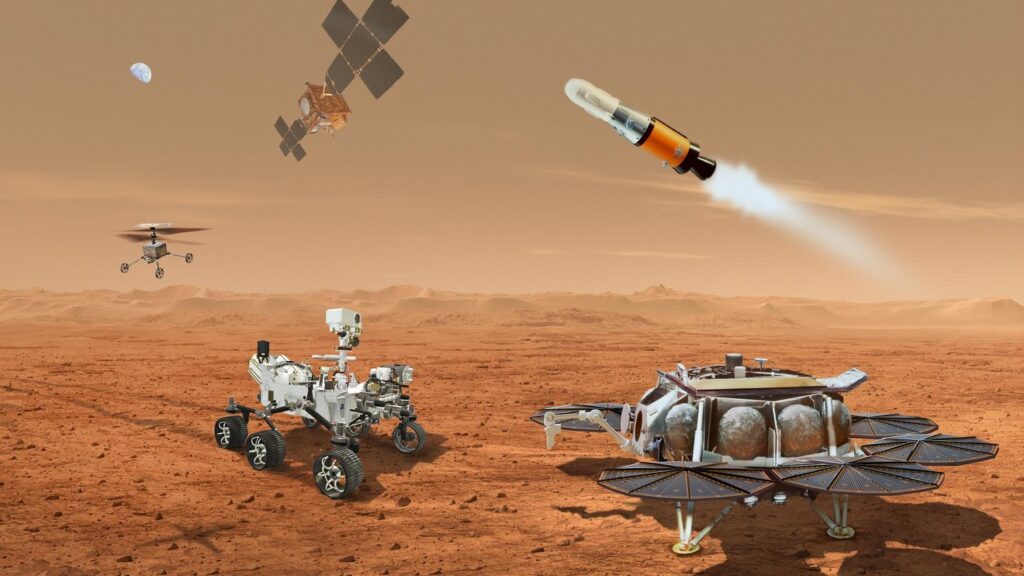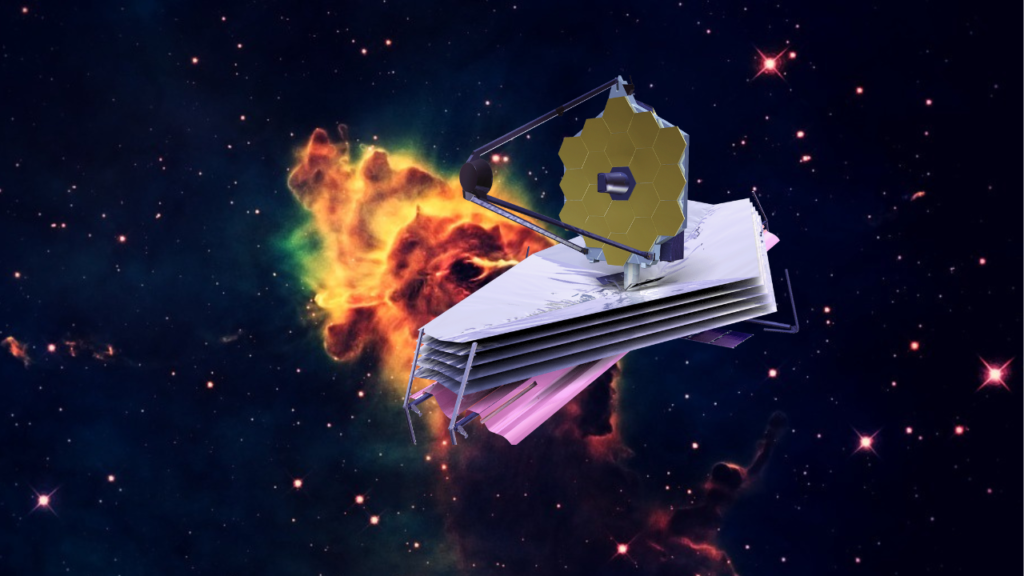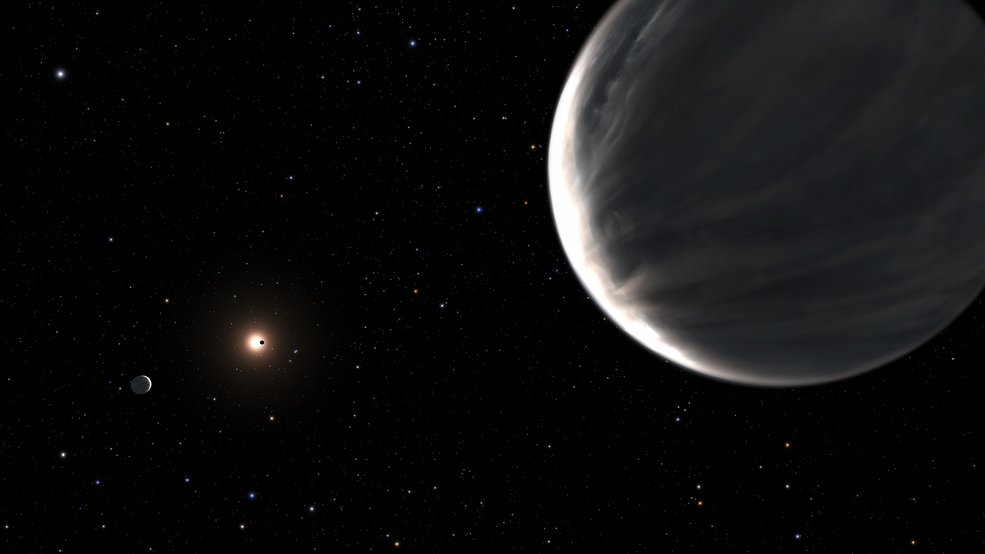The board, initiated by NASA, will provide added confidence that the program won’t exceed guidelines following an important upcoming milestone.
NASA will convene a Mars Sample Return (MSR) Program independent review board, or IRB, to perform a review of current plans and goals for one of the most difficult missions humanity has ever undertaken: bringing samples from another planet to study on Earth.
Later this year MSR will approach confirmation, a milestone at which NASA formally establishes the technical, cost, and schedule baselines for a mission. Convening a review board – this is the second IRB for this program – will provide added confidence that the program will not exceed guidelines following confirmation. Such reviews also ensure that NASA is adopting lessons learned from experiences with previous large, strategic science missions.
MSR is a partnership with ESA (European Space Agency). It would be the first mission to return samples from another planet and would include the first launch from the surface of another planet as well as the first in-orbit rendezvous at another planet. Returning scientifically selected samples – the samples currently being gathered by NASA’s Perseverance rover – from Mars would revolutionize our understanding of the Red Planet by bringing them to Earth for study using large and sophisticated instruments. The samples collected by Perseverance during its exploration of an ancient river delta are thought to be the best opportunity to reveal the early evolution of Mars, including the potential for ancient life.
Orlando Figueroa, retired deputy center director for science and technology at NASA’s Goddard Space Flight Center in Greenbelt, Maryland, was recently named chair for this independent review board. The IRB will be tasked with providing an assessment of the current status as well as recommendations to maximize the probability of mission success – scientifically and technically – within guidelines. The board will include experts in relevant science, technical and programmatic fields and is expected to produce a final report in late August.
The most recent Planetary Science Decadal Survey conducted for NASA by the National Academies of Sciences, Engineering and Medicine has stated that completing Mars sample return is the highest scientific priority for NASA’s robotic exploration efforts. The Decadal Survey also stated that the cost for the mission should not be allowed to undermine the long-term programmatic balance of the planetary portfolio. Returning samples from Mars to Earth has been a goal of planetary scientists for decades.



